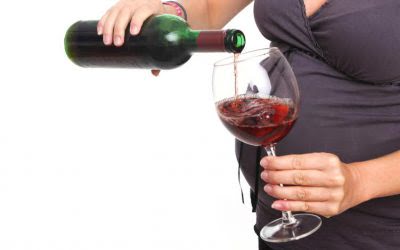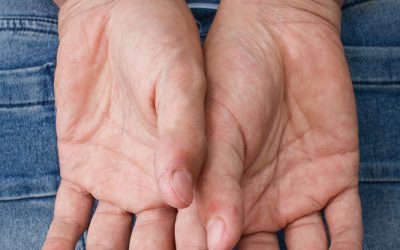Addiction Recovery: Overcoming Your Alcohol or Drug Problem
Every person needs a comprehensive recovery plan that addresses educational needs, job skills, social relationships, and mental and physical health. Therapy may be critical to resolving underlying problems that made escape into substance use so appealing in the first place. Brains are plastic—they adapt to experience—and people can change and grow, develop an array of strategies for coping with life’s challenges and stressors, find new means of satisfaction and reward, and negotiate life ahead. Millions of people do, whether they were once compulsive users of opiates, alcohol, or gambling.

How does the brain change as AUD develops?

Another widely applied benchmark of recovery is the cessation of negative effects on oneself or any aspect of life. Many definitions of recovery include not only the return to personal health but participation in the roles and responsibilities of society. There are no lab tests that define recovery and no universally agreed-on definition of recovery. For many experts, the key components of addictive disorder are compulsive drug use that https://nv9.ru/kak-sdelat-svechku-4-sposoba-wikihow continues despite detrimental consequences, and the development of cravings with the inability to control use. Addiction develops over time, in response to repeated substance use, as the action of drugs changes the way the brain responds to rewards and disables the ability to control desire for the drug. Treatment methods always vary based on the individual and their needs.
The Nitty-Gritty Skills of Recovery
Official websites use .govA .gov website belongs to an official government organization in the United States. “There are https://demotivators.org.ua/Infusion.html a lot of reasons for this,” explains HEAL-funded clinical psychologist Aaron Hogue, Ph.D., of the New York City-based Partnership to End Addiction. Data on long COVID is evolving, causing diagnosis and treatment to be complex. One of the most beautiful aspects of my practice as a mindfulness teacher and coach is that it takes me into a wide range of communities. Overdose prevention is a CDC priority that impacts families and communities.
Recovery Is a Process of Learning, Growth, and Healing
Within such groups, those seeking recovery frequently find acceptance, a sense of belonging, the opportunity to develop healthy relationships, and an experience of community. A foundational principle of mutual-aid groups is that being of service to others is an important vehicle through which people help themselves. To paraphrase Ram Dass, I work on myself to help others, and I help others to work on myself. So unlike those in mental health recovery, people transitioning to addiction recovery have to make a conscious decision to stop using in order to regain control over their own lives (even those who are court-mandated to treatment). He states that research shows that family-based support for addiction recovery is critical but often not obtained. Yet sustained, personalized recovery services are essential because treatment is just the first step toward growth and finding a high quality of life without substances.
Today, there are hundreds of such organizations throughout the United States. The groups vary widely in size, membership, and activities – but all provide various types of support to people living with the disease of addiction, including a human touch that connects people with lived experiences who have walked a familiar path. That includes offering interactive, online seminars; pilot grant funding; research mentoring programs; help with designing and testing new measures; as well as collecting and sharing existing measurement resources. When you are sober, you have eliminated alcohol and drug use from your life.
- Neuroscientist Adi Jaffe, Ph.D., who himself recovered from addiction, outlines five steps.
- The groups vary widely in size, membership, and activities – but all provide various types of support to people living with the disease of addiction, including a human touch that connects people with lived experiences who have walked a familiar path.
- During acute and protracted withdrawal, a profound negative emotional state evolves, termed hyperkatifeia (hyper-kuh-TEE-fee-uh).
- If you or someone you love is struggling with a substance use disorder,contact ustoday to learn about treatment options that can work well for you.
The individual’s viewpoint on his/her addiction forms the basis for this model, which reflects the spiritual viewpoint of the Alcoholics Anonymous while covering a major dimension of recovery (12). Chalk, McLellan, and Bartlett have also described recovery with regard to its outcomes, performance, and life quality (11). Recognizing the transformative power of creative arts http://ofru.ru/index.php?view=newsfeed&catid=40%3A2009-04-05-13-41-13&id=35-35&option=com_newsfeeds&Itemid=65 in advancing recovery, in May 2024, the Office of Recovery launched the Art of Recovery, inviting visual art submissions from individuals with lived experience and their families. The digital gallery features over 280 selected artworks in celebration of National Recovery Month.

Recent Comments